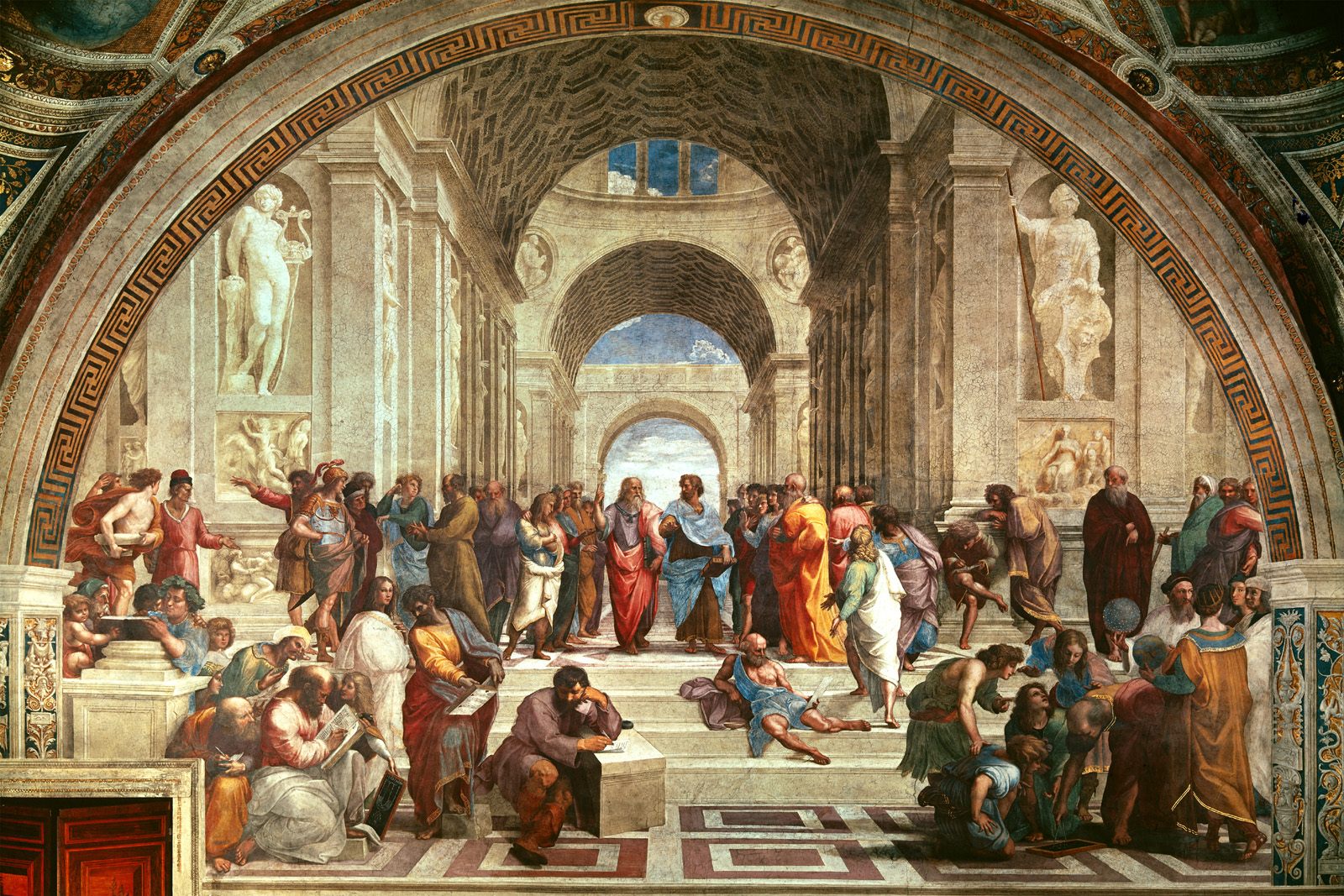
Subcategories
For Beginners
- Foundational Concepts: Basic Philosophical Terms and Definitions, Introduction to Philosophical Inquiry and Key Concepts in Logic and Reasoning
- Reading Guides and Recommended Books: Beginner-Friendly Philosophy Books, Reading Lists for Different Philosophical Topics
Theoretical Philosophy
- Metaphysics: Examines the nature of reality, existence, and the fundamental structure of the world. It delves into questions about the nature of being, time, space, causality, and existence itself.
- Epistemology: Focuses on the study of knowledge—how we acquire it, what constitutes justified belief, the nature of truth, skepticism, and the limits of understanding.
- Philosophy of Mind: Investigates the nature of consciousness, mental processes, perception, cognition, and the relationship between mind and body.
- Philosophy of Language: Explores the nature of language, meaning, communication, and how language relates to thought and reality.
- Logic: Studies reasoning, argumentation, and the principles of valid inference. It explores the structure of arguments and the rules that govern sound reasoning.
Practical Philosophy
- Ethics: Explores moral principles, values, and concepts of right and wrong conduct. It includes normative ethics (theories about what is morally right or wrong), metaethics (questions about the nature of ethical statements and moral realism), and applied ethics (ethical considerations in specific fields like medical ethics or environmental ethics).
- Political Philosophy: Examines concepts of justice, governance, authority, rights, and the organization of society. It includes discussions on different forms of government, theories of justice (e.g., distributive justice), and the rights and responsibilities of individuals and the state.
- Philosophy of Law: Investigates the nature of law, legal systems, and the relationship between law and morality. It explores questions about the nature of legal reasoning, the justification of legal systems, and the role of law in society.
- Aesthetics: Although often considered part of theoretical philosophy, aesthetics also has practical implications. It deals with questions of beauty, art, and taste, exploring how aesthetic principles influence our understanding and appreciation of art and beauty in our lives.
- Practical Reasoning: Examines rational decision-making and practical reasoning in various contexts, including ethics, law, and everyday life. It involves understanding how we deliberate and make choices based on values and reasoning.
- Bioethics: Focuses on ethical issues arising from advances in biology, medicine, and technology. It covers topics like medical ethics, genetic engineering, end-of-life care, and the ethical implications of scientific advancements.
Aesthetic Philosophy
- Aesthetics of Art: Examines the nature of art, defining what constitutes art, the creative process, and the role of the artist in shaping cultural expressions.
- Philosophy of Beauty: Explores the concept of beauty, both in the natural world and in art, questioning the standards and subjective nature of beauty, as well as its relation to truth and morality.
- Criticism and Analysis: Involves critical analysis of artworks and cultural expressions, seeking to understand their meaning, interpretation, and significance. This includes discussions on art criticism, hermeneutics, and semiotics.
- Philosophy of Aesthetics in Everyday Life: Investigates the role of aesthetics in our daily experiences, examining how aesthetics influence our perception, emotions, and interactions with the world around us.
- Aesthetics and Ethics: Explores the relationship between aesthetics and morality, examining how aesthetic experiences and judgments might intersect with ethical considerations.
- Cultural Aesthetics: Focuses on aesthetics within specific cultural contexts, analyzing how different cultures perceive and create art, and how cultural values influence aesthetic preferences.
- Philosophy of Architecture: Investigates the philosophical underpinnings of architectural design, exploring the relationship between form, function, and aesthetics in built environments.
History of Philosophy
- Ancient Philosophy: Greek Philosophy, Hellenistic Philosophy (Stoicism, Epicureanism, etc.) and Roman Philosophy
- Medieval Philosophy: Early Christian Philosophy, Islamic Philosophy and Scholasticism
- Modern Philosophy: Renaissance Philosophy, Rationalism (Descartes, Spinoza, Leibniz), Empiricism (Locke, Berkeley, Hume), Enlightenment Philosophy
- Contemporary Philosophy: 19th-century Philosophy, 20th-century Analytic Philosophy, 20th-century Continental Philosophy such as Existentialism, Phenomenology, Post-structuralism and Postmodernism and other Contemporary Movements
Shop All
-
A Discourse on the Method
Regular price $16.00 AUDRegular priceUnit price / per -
Meaning and Necessity: A Study in Semantics and Modal Logic (Hardcover)
Regular price $62.99 AUDRegular priceUnit price / per -
An Essay on Metaphysics (Paperback)
Regular price $97.95 AUDRegular priceUnit price / per -
Process and Reality (Paperback)
Regular price $29.95 AUDRegular priceUnit price / per -
Experience and Nature (Hardcover)
Regular price $51.95 AUDRegular priceUnit price / per -
Pragmatism: A New Name for Some Old Ways of Thinking
Regular price $19.00 AUDRegular priceUnit price / per$25.00 AUDSale price $19.00 AUDSale -
Creative Evolution
Regular price $25.00 AUDRegular priceUnit price / per -
An Introduction to Metaphysics
Regular price $62.00 AUDRegular priceUnit price / per
Complete Works
Philosophical Voices: The Complete Works Collection
-
Collected Works: Volume I: Publications 1929-1936 (Revised)
Regular price $150.00 AUDRegular priceUnit price / per -
The Complete Works of Lao Tzu: Tao Teh Ching and Hua Hu Ching
Regular price $29.00 AUDRegular priceUnit price / per -
A System of Logic, Ratiocinative and Inductive (Volumes 7 and 8) (Collected Works of John Stuart Mill)
Regular price $37.99 AUDRegular priceUnit price / per -
Patriarcha: The Complete Political Works
Regular price $29.40 AUDRegular priceUnit price / per












